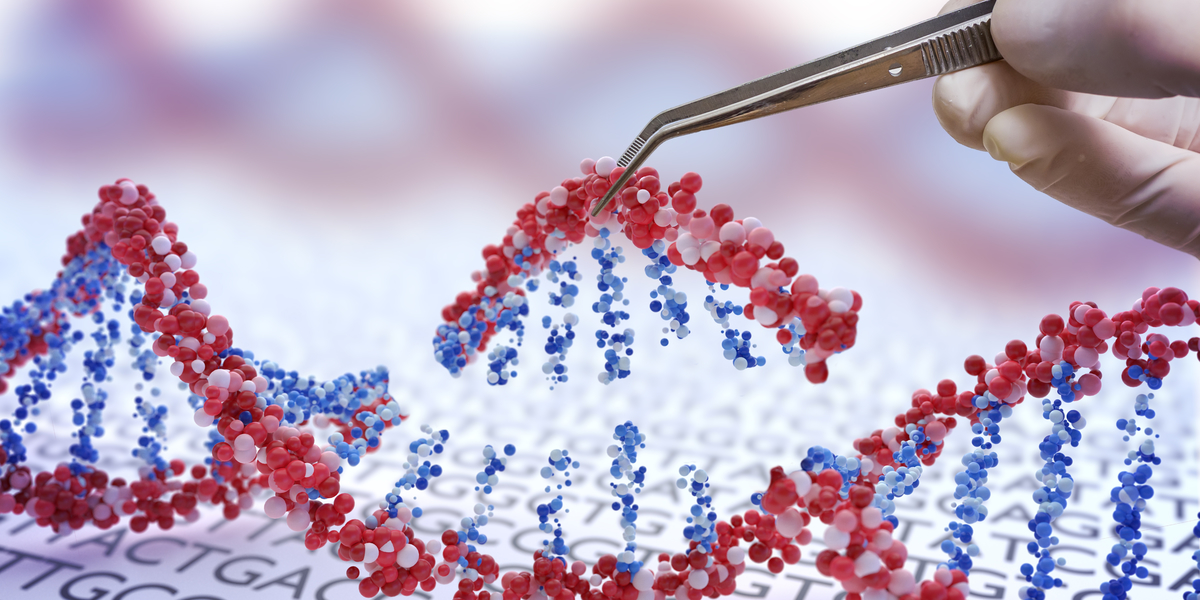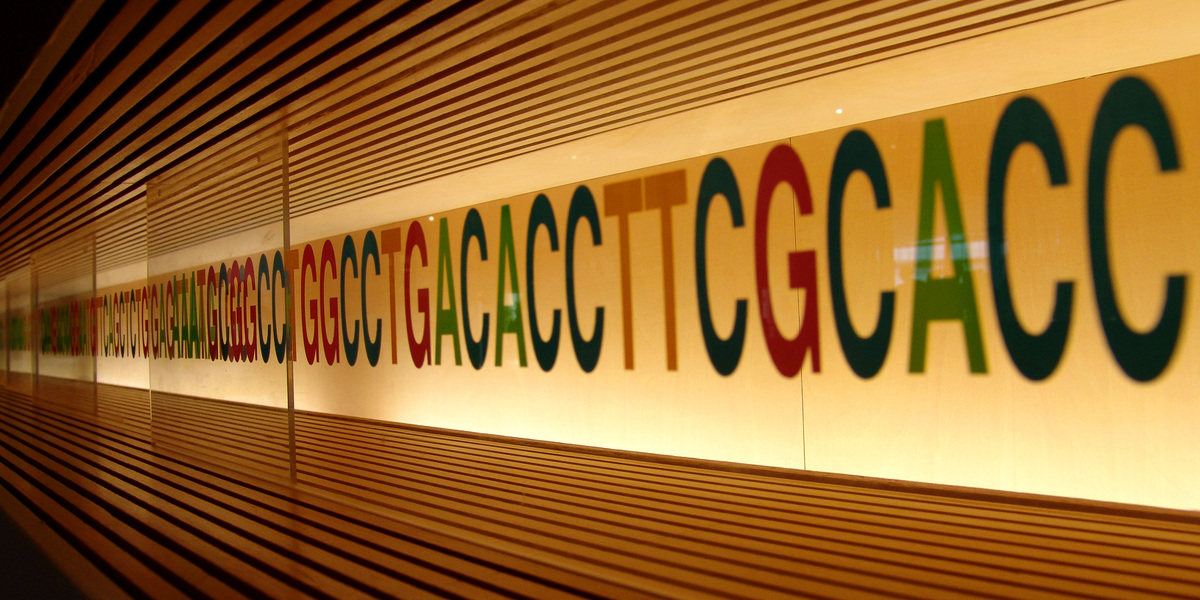
Voyager Therapeutics is shifting towards a new technology to deliver gene therapy and away from a planned HD clinical trial. But this could lead to less invasive drugs in the long run, and many other companies are working on HD gene therapies.

A successful early trial of a drug for Familial Transthyretic Amyloidosis showed that CRISPR gene editing could be safely used in the human body. What does this mean for gene editing in HD?

Catch up on all the latest Huntington's disease clinical trial news in this one stop shop article covering all of the recent developments in making medicines for Huntington's disease

The first group of 10 participants have been dosed in uniQure’s clinical trial of an HD gene therapy, and three new manuscripts describe safe, widespread huntingtin lowering in animals.

Disappointing news from Roche and Ionis; the phase III Tominersen huntingtin-lowering trial has been halted early

A gene called MSH3 helps to repair our DNA, but in HD it can slip up and cause CAG repeats to lengthen. Researchers have uncovered new information about how MSH3 activity is controlled, opening the door to new therapeutic avenues.

Read our breakdown of some of the talks and presentations at day 1 of the Huntington Study Group (HSG) 2020 annual conference: HD in focus

While developing a drug called branaplam for patients with SMA, the pharmaceutical company Novartis discovered that it could hold promise for people with HD. The FDA has granted a special status called Orphan Drug Designation.

The SIGNAL study did not meet its key clinical goals for #HuntingtonsDisease to slow or improve HD symptoms, but the results are still informative for the HD community and other fields.